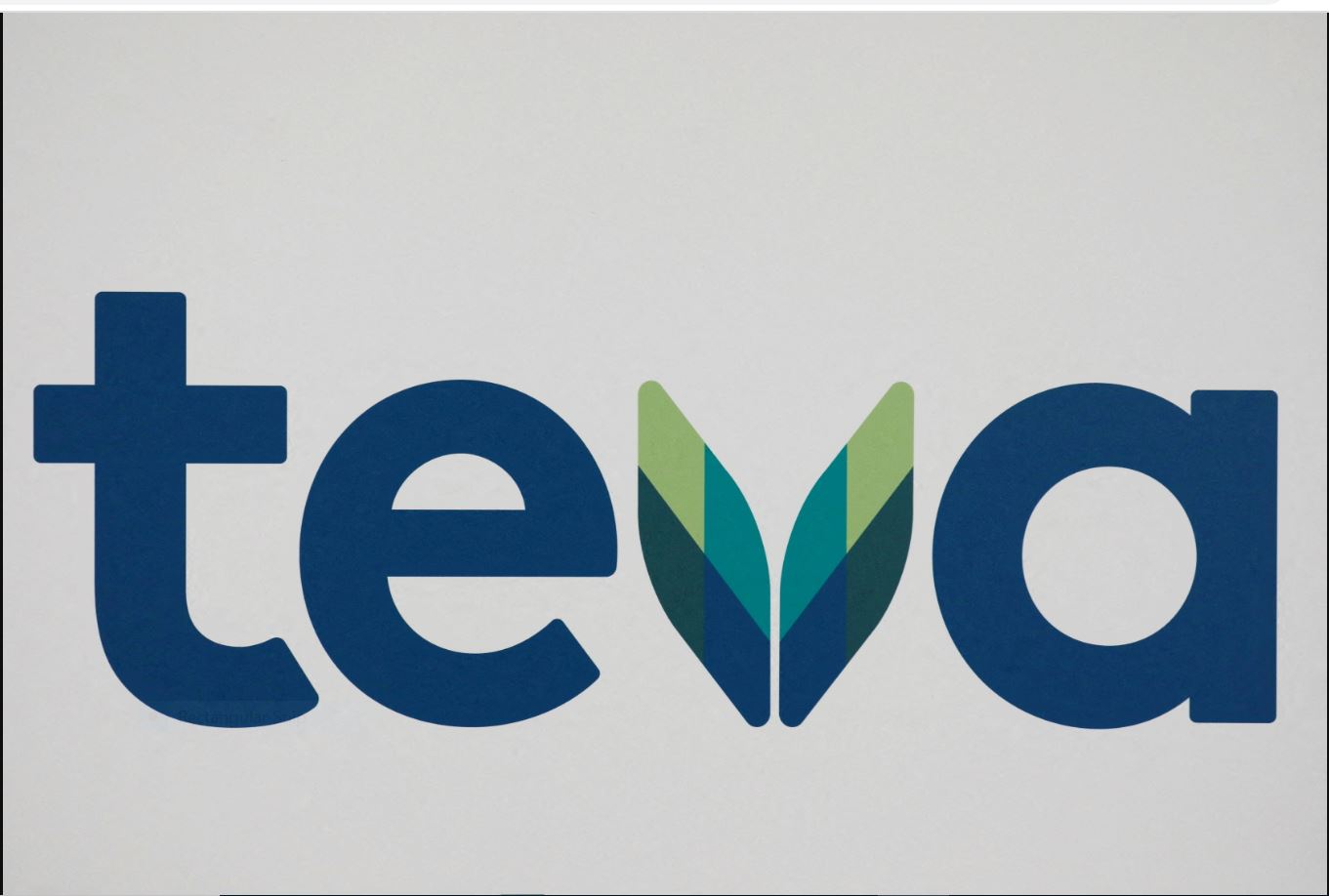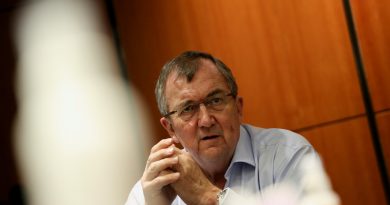Teva Pharm says Israel-Hamas war not hurting production
Jerusalem (Reuters) – Israel-based Teva Pharmaceutical Industries (TEVA.TA), the world’s largest generic drugmaker, said on Wednesday production in Israel is largely unaffected by the country’s month-long war with Hamas as it reported higher third-quarter profits.
Teva’s revenues in Israel account for about 2% of its global total, while production in Israel constitutes less than 8% of global production.
Referring to the war that erupted on Oct. 7 when Hamas burst into Israel, killing 1,400 people, Chief Executive Richard Francis noted “our production remains largely unaffected”.
“Gratefully none of our sites have incurred direct damage as a result of the war,” he told an analysts’ call, referring to the daily barrage of rocket attacks from Gaza. “We continue to secure contingency plans to be certain we can maintain our business continuity, while most importantly taking care to ensure that our colleagues are safe.”
Israel has struck back and Palestinian officials in the Hamas-run territory say more than 10,000 people in Gaza have since been killed.
For the July-September quarter, Teva said it earned 60 cents per diluted share excluding one-time items, up from 59 cents per share a year earlier.
The company has struggled to recover from the loss of exclusivity to its multiple sclerosis drug Copaxone, and to cut $35 billion of debt as it fought a spate of lawsuits alleging it helped fuel the U.S. opioid epidemic.
But Teva has started to show signs of recovery and is betting a trio of the group’s branded drugs – Huntington’s Disease treatment Austedo, migraine product Ajovy and just launched schizophrenia drug Uzedy – will help the company bounce back. Teva also has a number of biosimilars in its pipeline.
Jefferies analyst Glen Santangelo called the results “strong” and expects Teva’s shares “to get a bump.”
Teva’s New York-listed stocks were up 4% at $9.40 in morning afternoon.
Revenue rose 7% to $3.9 billion, with Austedo sales up 30% in North America to $339 million. Sales of Ajovy rose 8% and generic medicine sales in North America were up 15%.
“Continued solid performance of Austedo, Ajovy and our generics business delivered growth across all geographies,” Francis said. “Based on these strong and consistent results, we are increasing our revenue outlook for 2023 for the second consecutive quarter.”
Analysts had forecast earnings of 61 cents a share ex-items for Teva on revenue of $3.72 billion, I/B/E/S data from Refinitiv Eikon showed.
Francis said Teva’s net debt has fallen to $17.7 billion, while sales of Austedo are on track to hit $1.2 billion in 2023, with Ajovy reaching $400 million.
For 2023, Teva raised its revenue forecast slightly to $15.1-$15.5 billion from $15.0-$15.4 billion, after 2022 revenue of $14.9 billion.
It maintained its forecast of adjusted EPS of $2.25-$2.55, versus $2.52 in 2022.
During the quarter, Teva said it would collaborate with French drugmaker Sanofi (SASY.PA) to develop a treatment for inflammatory bowel disease it hopes will become a blockbuster drug.



